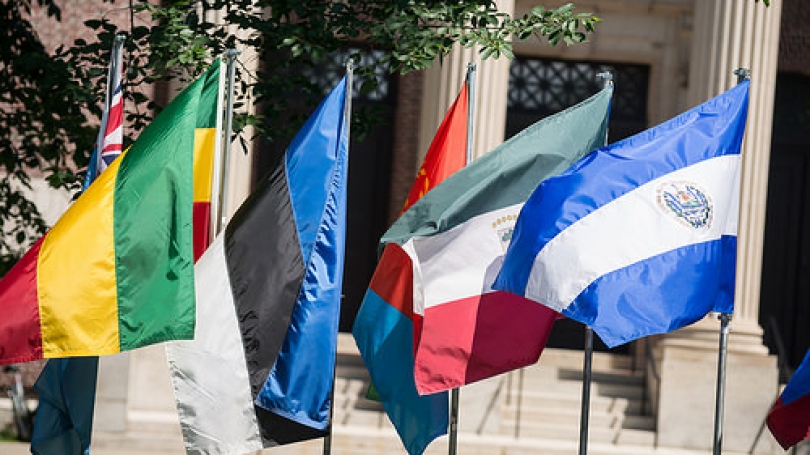
Menu
- Undergraduate
- Exchange Program
- Research
- Equity
- News & Events
- People
- Contact us
Back to Top Nav
Back to Top Nav
Back to Top Nav
Critical Political Economy
Sociology 49.23 at the 2A hour, Dist: SOC; WCult: W.
Political economy was formulated as a central field of research since the 19th century, designed to comprehend both fields - politics and economics - and how they interact, at the local, regional and global level. Since the 2008 financial crisis it became a very popular field of research, highlighting varied and opposed theoretical approaches. The course will focus on critical perspectives to political economy, including a. class conflict, race and ethnic relations and the world system; b. state institutions and their relation to civil society, capital and labor organizations; and c. late developments of the neoliberal economy, the social and economic implications of inequality, and global protests of the 99%.
Global Inequality Protests
Sociology 79.09 at the 10A hour, Dist: INT; WCult: NW.
Three years after the 2008 financial crisis a protest movement sparked in Tunisia, and expanded by contagion to Egypt, Morocco and India, and from there to Spain, Chile, Israel, and finally arrived to Wall Street, giving the name to the global movement as the Occupy social movement. These cases largely differ from one another, but have in common their opposition to inequality and readiness to struggle against it. The course will focus on the comparison of protest movements and the political processes each case provoked, using theories of social movements and political sociology, and analyzing the economic, social and political context before the protests sparked and the after movements' peaks. We will analyze and discuss in class the Occupy Wall Street movement and the political process it provoked in the US. Each student will chose an international case for comparison, presenting it in class and writing a research paper of their own as a final essay. Students will work in teams of two for their presentations and final research paper.
Both with Professor Lev Grinberg, Ben Gurion University, Israel